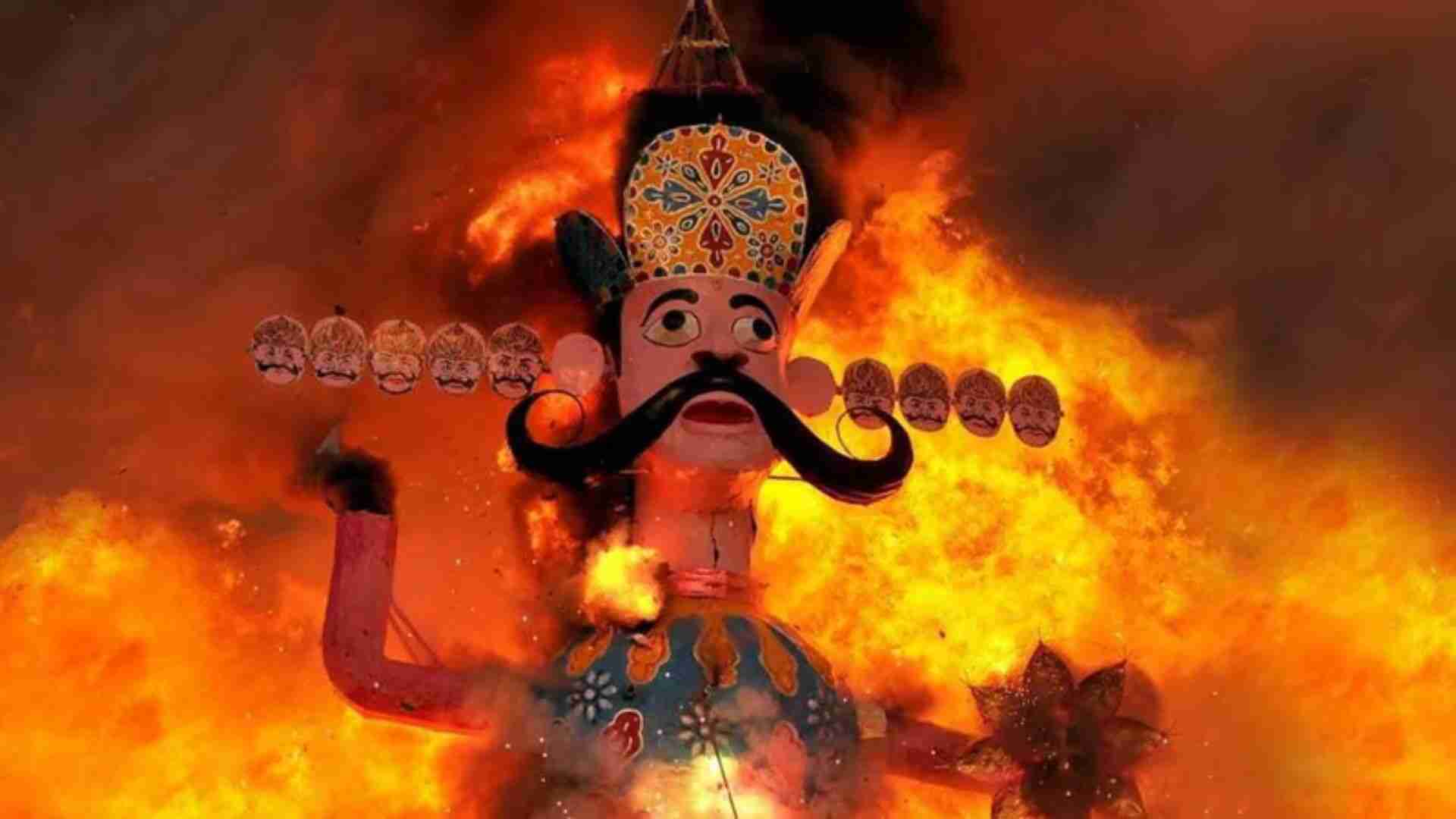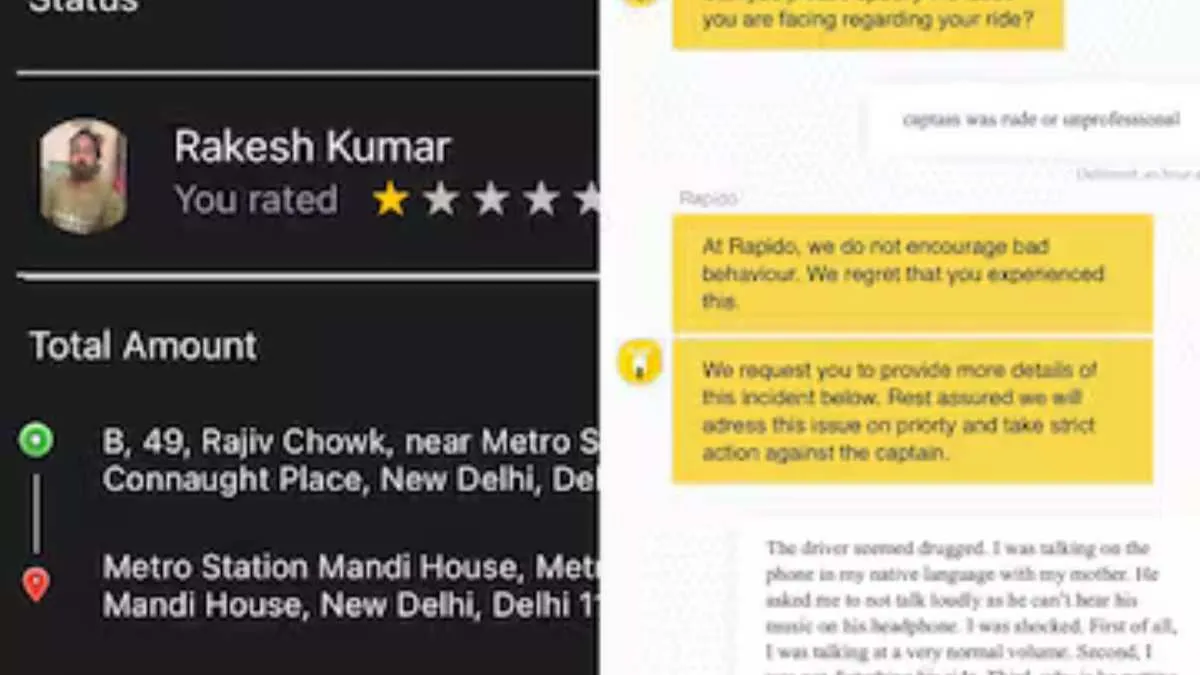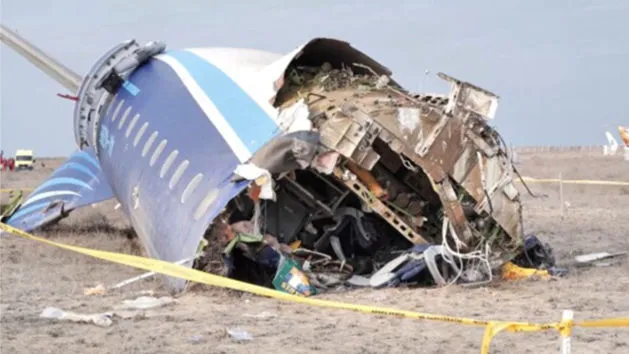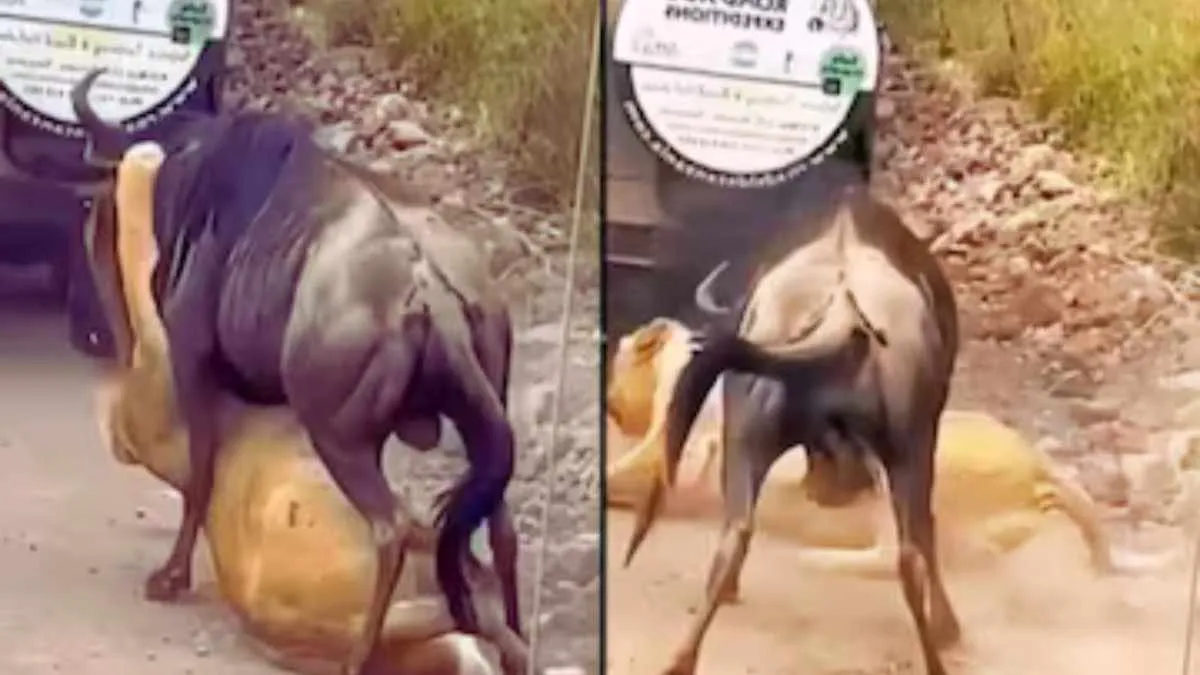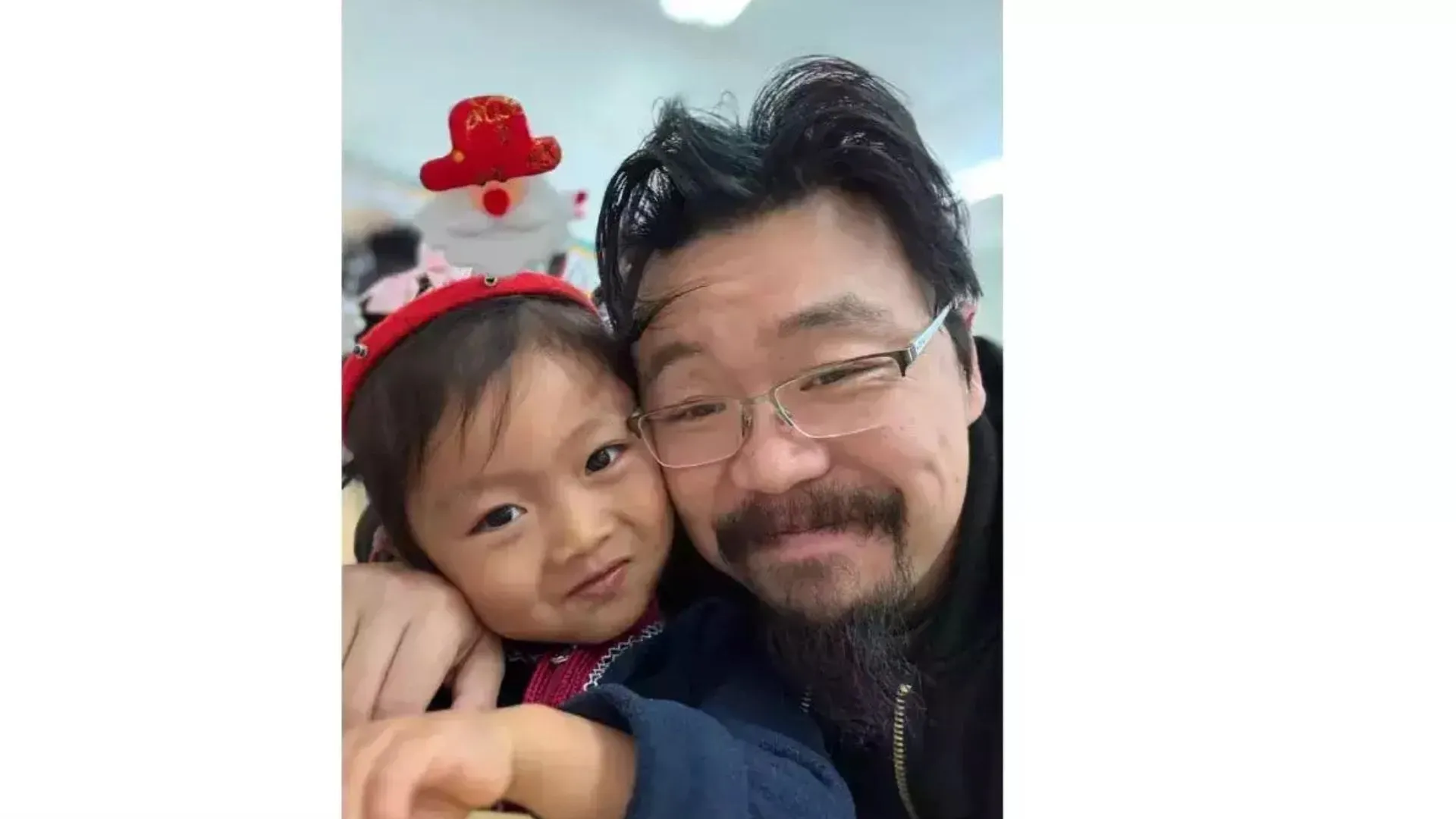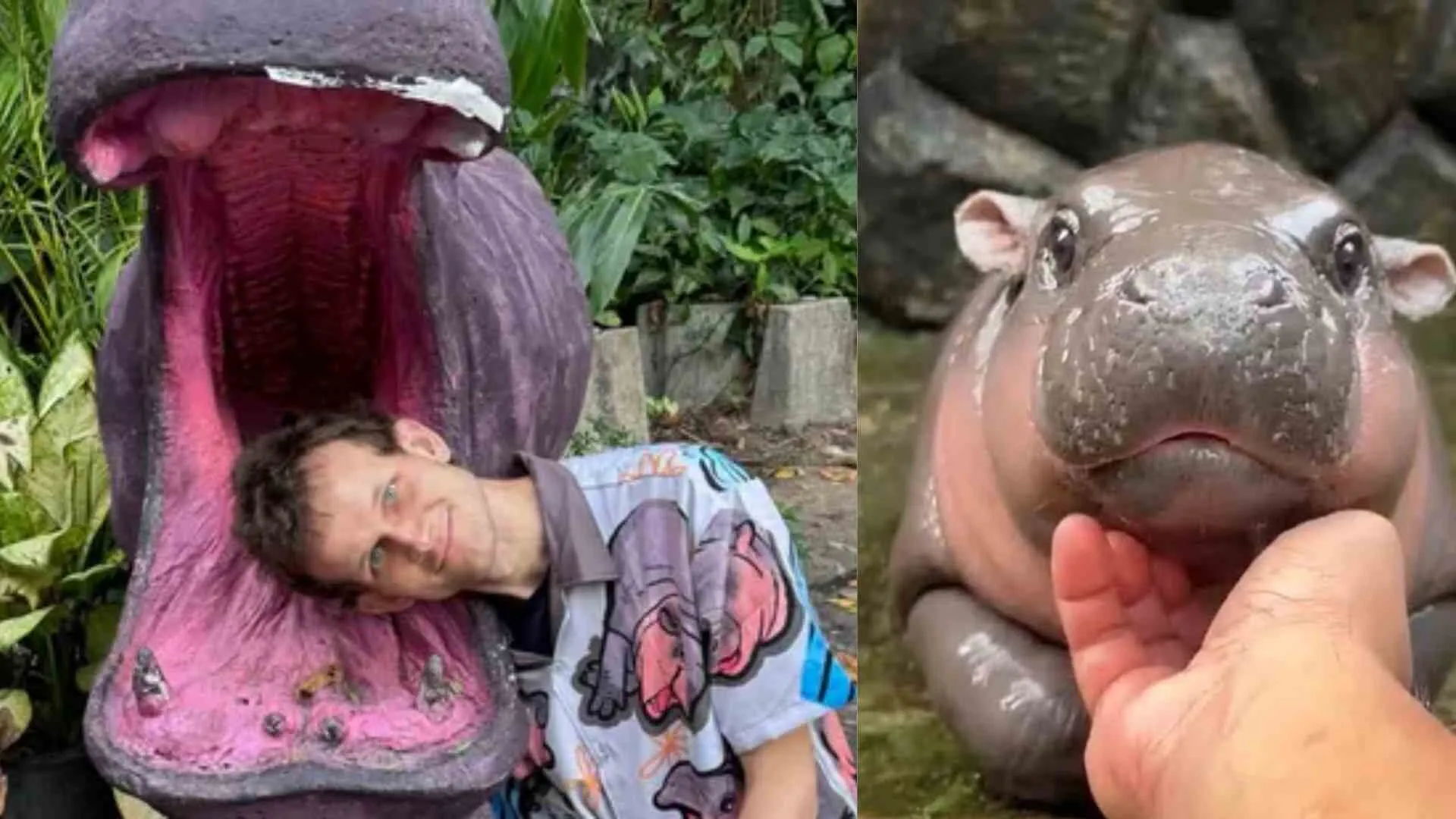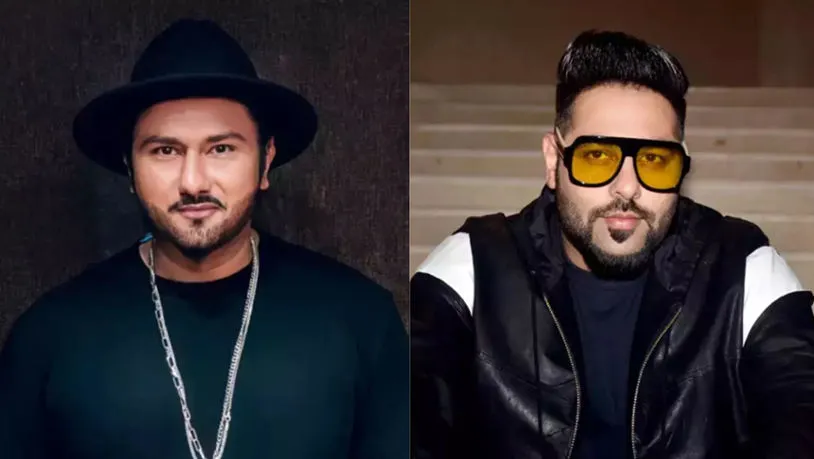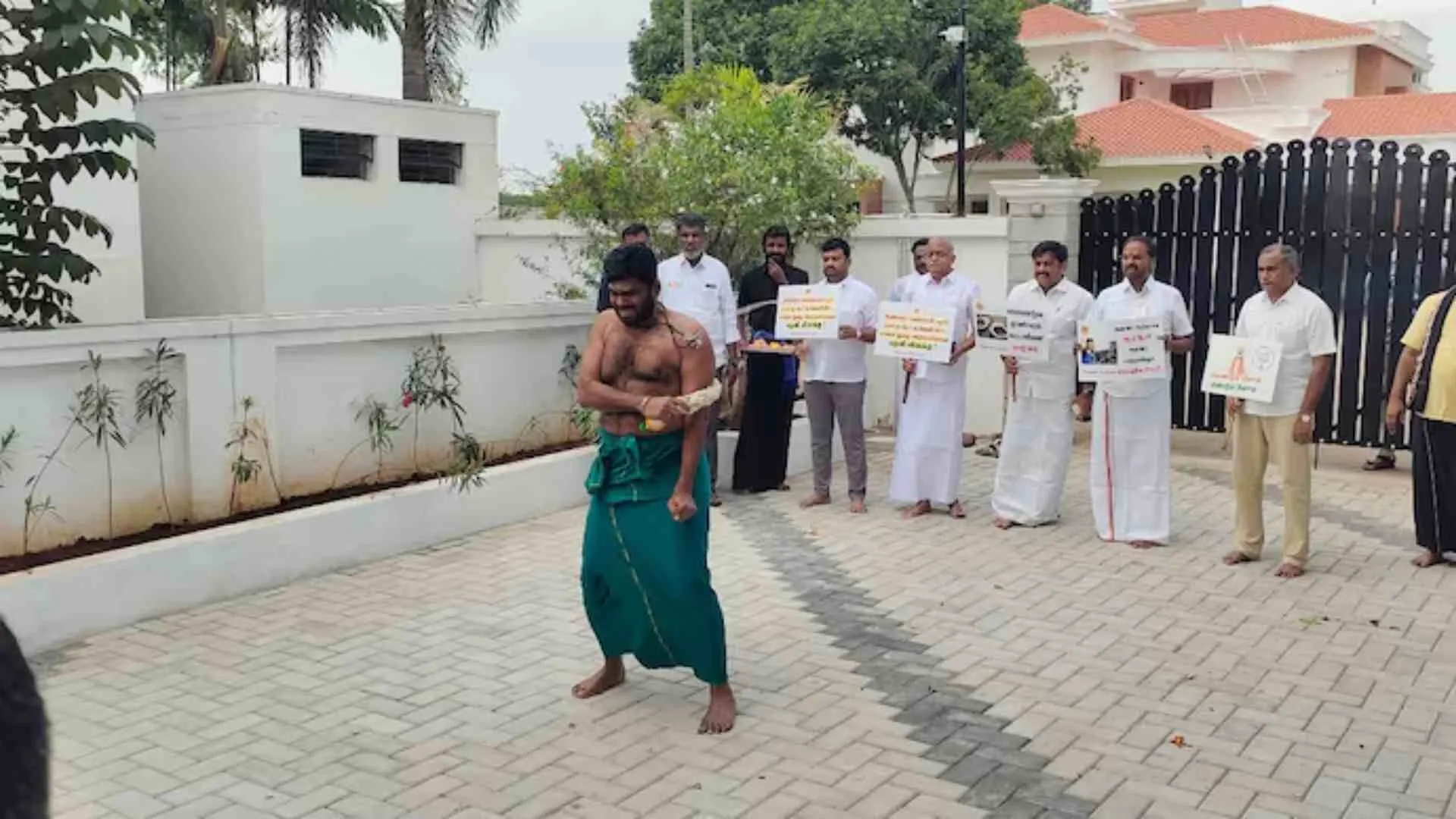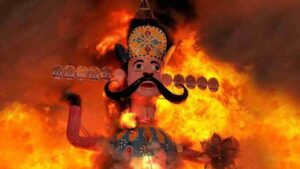Dussehra 2024: Dussehra, a major Hindu festival, symbolizes the victory of good over evil, celebrating Lord Rama’s triumph over the 10-headed demon king Ravana. A central part of the festival is burning effigies of Ravana, his brother Kumbhkaran, and his son Meghnath, representing the defeat of darkness by light.
However, while most of India engages in Dussehra festivities, the village of Bisrakh in Uttar Pradesh takes a different approach. Situated about 40 kilometers from Delhi, near Kisan Chowk in Greater Noida, Bisrakh mourns rather than celebrates Ravana’s death. The locals claim descent from Ravana, considering Bisrakh as his birthplace, and honor him as the ‘son of their village’. For them, the ten days of Dussehra involve distinct rituals.
Instead of rejoicing over Lord Rama’s victory, the people of Bisrakh perform rituals such as the Yajna, aiming to help Ravana’s soul attain ‘moksha’, or liberation from the cycle of birth and rebirth. Ravana, known as a devoted worshiper of Lord Shiva and a highly knowledgeable scholar, authored texts like the ‘Ravana Samhita’ (a treatise on astrology) and ‘Arka Prakasham’ (a Siddha medicine text). According to the villagers, Ravana deserves respect rather than condemnation.
In the past, attempts to celebrate Ramlila in Bisrakh reportedly brought misfortune. The village is home to the Bisrakh Ravana Mandir, which houses a Swayambhu (self-manifested) Shiva Linga. Locals believe this was worshipped by Ravana and his father, the sage Vishravas, from whom the village’s name is derived.
For the villagers, the festival day reflects a blend of traditions. They honor Lord Rama as their deity, while also venerating Ravana as their ancestor.

